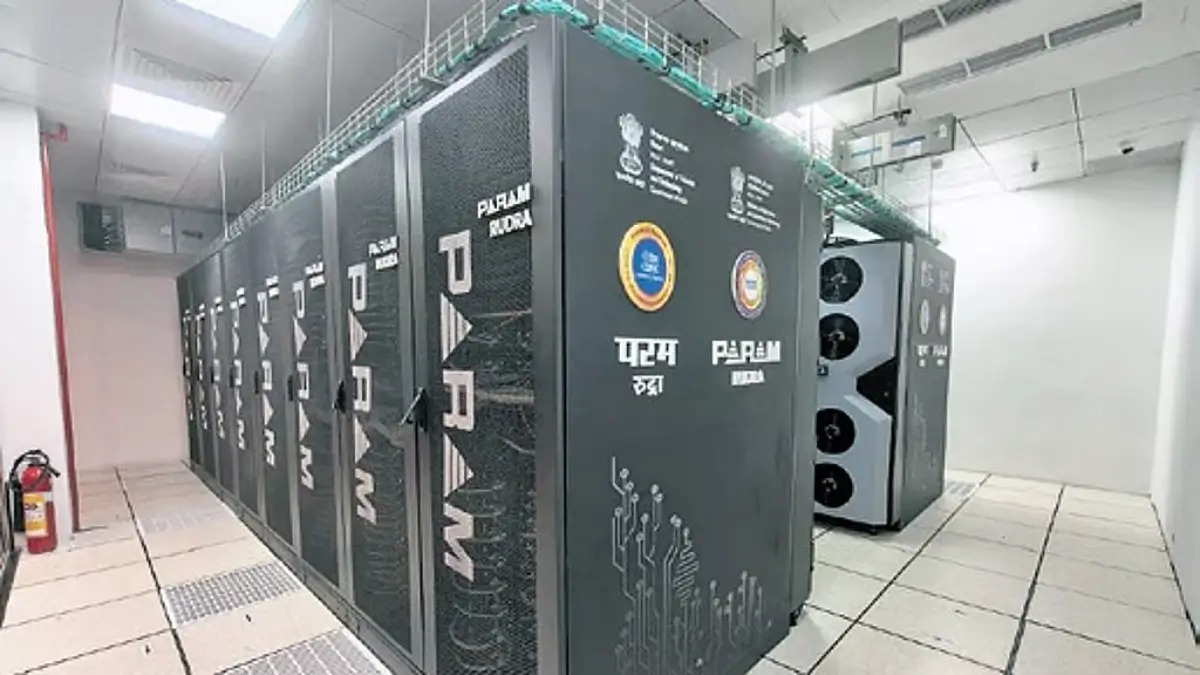Indian Overseas Bank Joins Global Partnership for Carbon Accounting
Introduction to the News
Indian Overseas Bank (IOB), one of India’s leading public sector banks, has recently joined the Global Partnership for Carbon Accounting (GPCA). This move aligns with global efforts to combat climate change and promote sustainable banking practices. By becoming a part of GPCA, IOB aims to measure, manage, and reduce its carbon footprint while supporting environmentally friendly projects.
What is the Global Partnership for Carbon Accounting?
The GPCA is an international initiative that helps financial institutions and corporations measure and disclose their greenhouse gas (GHG) emissions. It provides a standardized framework for carbon accounting, enabling organizations to track their environmental impact and take steps toward achieving net-zero emissions. The partnership includes over 100 global banks and financial institutions committed to sustainable development.
IOB’s Commitment to Sustainability
IOB’s decision to join GPCA reflects its commitment to environmental, social, and governance (ESG) principles. The bank plans to integrate carbon accounting into its operations, ensuring transparency in its environmental impact. Additionally, IOB will focus on financing green projects, such as renewable energy, energy efficiency, and sustainable infrastructure, to contribute to India’s climate goals.
Impact on India’s Banking Sector
IOB’s participation in GPCA sets a precedent for other Indian banks to adopt sustainable practices. It highlights the growing importance of ESG compliance in the banking sector, especially as regulators and stakeholders demand greater accountability for environmental impact. This move also positions IOB as a leader in India’s transition toward a low-carbon economy.
Global Significance of the Move
By joining GPCA, IOB is contributing to global efforts to combat climate change. The partnership’s framework will help the bank align with international standards, making it more competitive in the global market. It also underscores India’s commitment to achieving its climate targets under the Paris Agreement.

Why This News is Important
Relevance for Government Exams
This news is crucial for students preparing for government exams, especially those targeting banking, civil services, and environmental studies. It highlights the growing emphasis on sustainable development and ESG principles in the banking sector, which is a recurring topic in competitive exams.
Alignment with National and Global Goals
IOB’s decision aligns with India’s commitment to reducing carbon emissions and achieving net-zero targets by 2070. It also supports the United Nations Sustainable Development Goals (SDGs), particularly Goal 13 (Climate Action). Understanding this development helps aspirants grasp the intersection of banking and environmental policies.
Implications for the Banking Sector
The news underscores the importance of ESG compliance in the financial sector. Aspirants must be aware of how banks are adapting to global sustainability standards, as this knowledge is essential for exams like RBI Grade B, IBPS PO, and UPSC.
Global Partnerships and India’s Role
IOB’s participation in GPCA reflects India’s active role in global climate initiatives. This is relevant for exams that test candidates’ knowledge of international relations and India’s position on global issues.
Practical Applications for Aspirants
Understanding this news helps aspirants answer questions related to sustainable banking, carbon accounting, and India’s climate policies. It also provides insights into how public sector institutions are contributing to national and global goals.
Historical Context
Evolution of Carbon Accounting
Carbon accounting emerged as a critical tool in the early 2000s, following the adoption of the Kyoto Protocol in 1997. The protocol mandated countries to reduce GHG emissions, leading to the development of frameworks like GPCA. Over the years, carbon accounting has become essential for organizations aiming to achieve sustainability.
India’s Climate Commitments
India has been actively participating in global climate initiatives since the Paris Agreement in 2015. The country has pledged to reduce its carbon intensity and increase its renewable energy capacity. Public sector banks like IOB play a vital role in financing green projects to meet these targets.
Role of Banks in Sustainability
Banks have increasingly recognized their role in promoting sustainability. Initiatives like GPCA provide a platform for financial institutions to collaborate and share best practices for reducing carbon emissions. IOB’s participation is a continuation of this trend.
Key Takeaways from This News
| S. No. | Key Takeaway |
|---|---|
| 1 | IOB has joined the Global Partnership for Carbon Accounting (GPCA). |
| 2 | GPCA helps organizations measure and manage their greenhouse gas emissions. |
| 3 | IOB’s move aligns with India’s climate goals and global sustainability standards. |
| 4 | The bank will focus on financing green projects like renewable energy. |
| 5 | This decision sets a precedent for other Indian banks to adopt ESG principles. |
Important FAQs for Students from this News
- What is the Global Partnership for Carbon Accounting (GPCA)?
GPCA is an international initiative that helps financial institutions and corporations measure, manage, and disclose their greenhouse gas (GHG) emissions. It provides a standardized framework for carbon accounting to promote sustainability. - Why did Indian Overseas Bank (IOB) join GPCA?
IOB joined GPCA to align with global sustainability standards, measure its carbon footprint, and support green projects like renewable energy and sustainable infrastructure. - How does IOB’s participation in GPCA benefit India?
IOB’s participation helps India achieve its climate goals under the Paris Agreement and promotes sustainable banking practices in the country. - What are the key objectives of GPCA?
The key objectives of GPCA include standardizing carbon accounting, helping organizations achieve net-zero emissions, and promoting transparency in environmental impact reporting. - What are ESG principles, and why are they important for banks?
ESG (Environmental, Social, and Governance) principles guide organizations in adopting sustainable and ethical practices. For banks, ESG compliance is crucial for financing green projects and meeting regulatory requirements.
Some Important Current Affairs Links

















